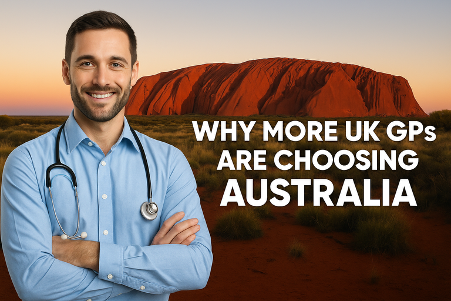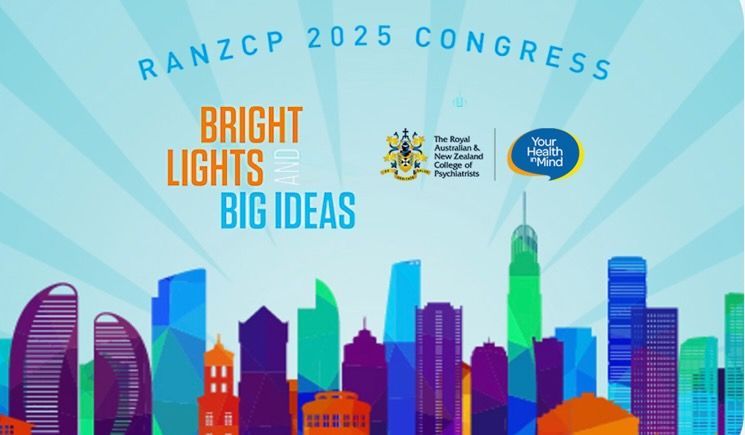Why are UK Psychiatrists moving to Australia

Are you a Psychiatrist with dreams of advancing your career in Australia? Look no further. Medipeople are your experts in Psychiatry recruitment, backed by years of experience and a vast network in the healthcare industry. But what sets us apart is our genuine understanding and embrace of the unique needs and challenges that Psychiatrists face when they aspire to make their mark in Australia.
We work with hospitals in the major capital cities, regional centers and coastal towns.
Our mission is to offer you a world of opportunities. We're not just connecting you with any job; we're unlocking doors to prestigious positions that span the entire continent. Our close ties with top-tier hospitals and mental health facilities ensure that we can seamlessly match you with positions that align perfectly with your skills, experience, and career ambitions.
Our approach is all about you. We believe in personalised service crafted exclusively for your needs. We take the time to understand your preferences, career goals, and lifestyle requirements. Our dedicated team is committed to guiding you every step of the way, ensuring that your journey to Australia is smooth and tailored to your individual needs.
Moving to a new country is an adventure, but it can also be challenging. With Medipeople by your side, your never alone. Our comprehensive support extends from visa applications to finding the perfect housing solution for you and your family. We're here to ensure that your transition is as seamless as possible, allowing you to focus wholeheartedly on your career.
Connecting with your peers is crucial when venturing into a new chapter of your career. As part of our services, we introduce you to a network of Psychiatrists who've successfully made the transition to Australia. You can draw upon their insights, guidance, and invaluable advice as you embark on your new career journey.
Our success stories speak volumes about our commitment to excellence. Medipeople has empowered numerous Psychiatrists from around the world to secure fulfilling roles in Australia. We take immense pride in our track record and the profoundly positive impact we've had on the lives and careers of our candidates.
So, if your ready to unlock the doors to an exciting future as a Psychiatrist in Australia, contact us today. Let's transform your dream of practicing as a Psychiatrist in Australia. Your journey begins here.
The Medipeople Way
- Forget government job boards. Speak to the real decision makers and unlock roles currently advertised and those not advertised.
- Feel confident with your RANZCP application. We will have your application assessed by a college expert making sure you get the best college outcome possible.
- Don’t risk a visa delay. We use only professional migration agents making sure you and your families visas are handled quickly and professionally.
Register with Medipeople today to talk with our expert Psychiatry team.









